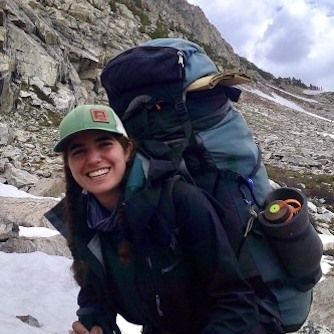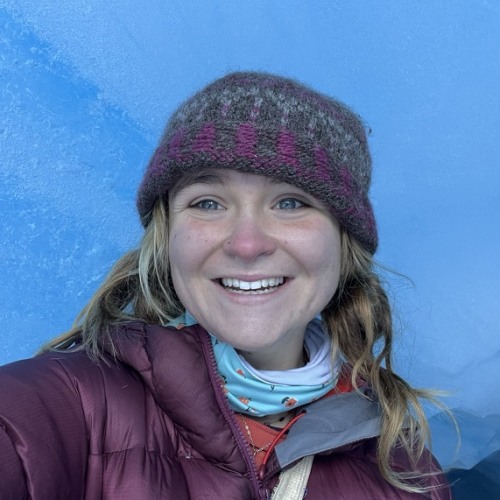ENVS Concentration Resources & Contacts
Find essential guides, resources, and information for Brown's undergrad concentrators in Environmental Sciences and Studies.
ENVS Concentration Resources & Contacts
Find essential guides, resources, and information for Brown's undergrad concentrators in Environmental Sciences and Studies.
Key Resources for Prospective & Current ENVS Students
Explore your path
The ENVS Concentration Guide breaks down everything you need to know about ENVS courses, capstones, advising, timelines, and degree programs.
Plan your coursework
The ENVS Curriculum Guide details the full set of course requirements for both the A.B. and Sc.B. degrees.
Request a course review
Want credit for a course not listed in the Curriculum Guide? Use the Course Substitution Request Form and Checklist to request a review.
Prepare for your capstone
Students who wish to complete a thesis or independent research for their capstone requirement should consult one of the guides below, then fill out the proposal form.
ENVS: Where passion meets purpose
Brown's Environmental Sciences and Studies (ENVS) concentration is built for curious, motivated students who want to shape solutions for our changing planet.
People
Peer Advisors
-

Abigail (Abby) Berman '27
Pursuing A.B. in Environmental Sciences & Studies -

Emma Blankstein '26
Pursuing Sc.B. in CLE track -

Patcha Chanprakone '26
Pursuing Sc.B. in SDG track -

Lizzie Duong '26
Pursuing A.B. in Environmental Sciences & Studies -

Cole Francis '26
Pursuing A.B. in Environmental Sciences & Studies -

Nia Hodges '26
Pursuing A.B. in Environmental Sciences & Studies -

Sofia Kassalow '26
Pursuing Sc.B. in the CSN Track (new curriculum) -

Eden Lewis '27
Pursuing Sc.B. in CSN Track -

Lola Maldonado '26
Pursuing Sc.B. in EJH track -

Christine Peng '27
Pursuing Sc.B. in CLE track -
Jose Puig Camacho '27
Pursuing Sc.B. in SDG track -

Riley Stevenson '26
Pursuing Sc.B. in SID Track (old curriculum)
Leadership and Administration
-

Mindi Schneider
IBES Director of Undergraduate Studies, Associate Teaching Professor in Environment and Society -

Jeanne Loewenstein
Academic Program Manager -

Nelsy Reyes
Academic Coordinator
Curriculum Committee
The IBES Curriculum Committee examines ways to improve and expand the curriculum, modifies concentration requirements and options as needed, assesses student requests for course substitutions, and manages other curricular issues as they arise. The committee’s primary goal is to ensure that the ENVS curriculum inclusively and equitably provides students with a robust interdisciplinary education in environmental studies and environmental sciences.
The Director of Undergraduate Studies (DUS) is the Chair of the IBES Curriculum Committee. The DUS appoints other members from the IBES Core Faculty, maintaining representation from STEM fields and humanities and social sciences. Current members are Professor Mindi Schneider (DUS), Professor Leslie Acton, and Professor Dov Sax. The Academic Program Manager, Jeanne Loewenstein, supports the committee.
Get to Know ENVS
Curious about the concentration? Schedule a one-on-one meeting with our Director of Undergraduate Studies Mindi Schneider to explore your interests, ask questions, and learn how ENVS can fit your goals.